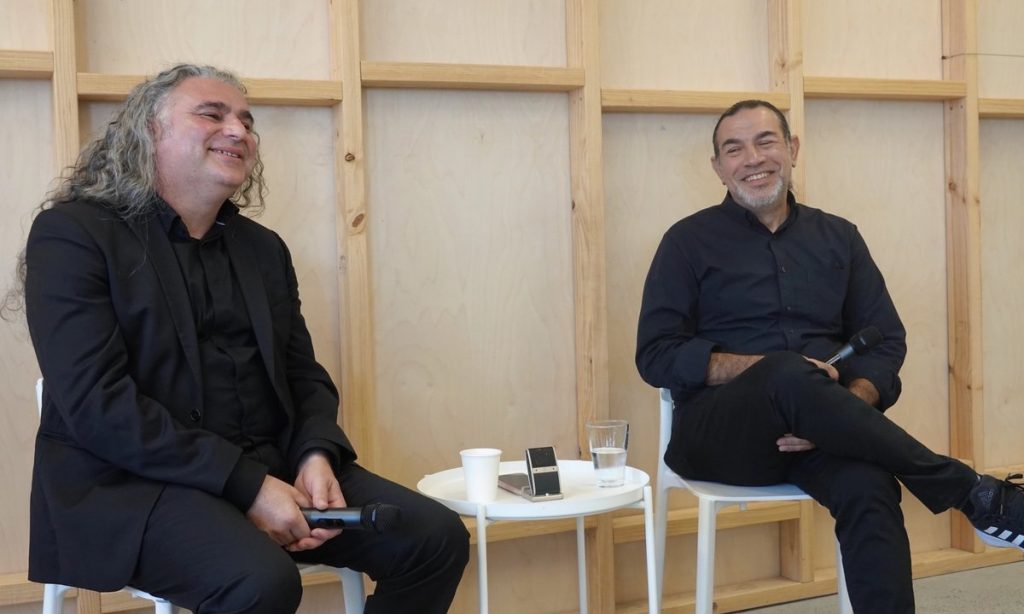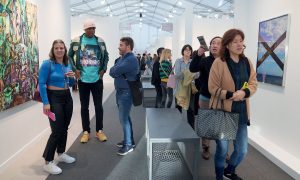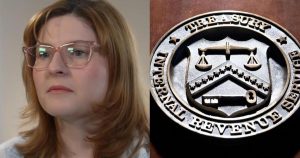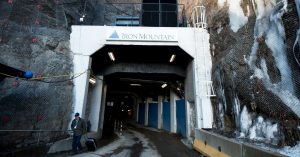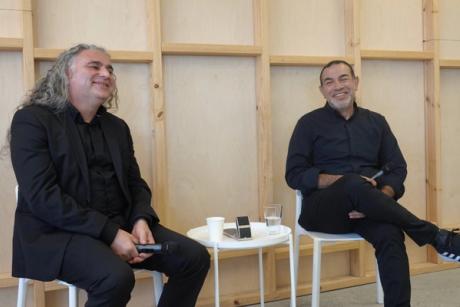
The 2024 Venice Biennale was a triumph for Australia, with Indigenous artist Archie Moore winning the Golden Lion for Best National Participation with his work kith & kin.
Now an ugly political debacle has turned the honour of representing Australia at the next Venice Biennale into a poisoned chalice, and it seems increasingly likely that the Australian Pavilion will be dark and empty in 2026.
The government agency Creative Australia ignited a firestorm of anger and disbelief when, on 7 February, it announced its artist and curator for 2026 and then, just six days later, dumped them in sensational circumstances.
It had been smiles all round when Khaled Sabsabi and Michael Dagostino, as the chosen artist/curator team, turned up for a media call organised by Creative Australia in the western Sydney suburb of Granville. Both Sabsabi and Dagostino, well-known and respected figures in the Australian arts, hail from western Sydney.
“Khaled Sabsabi’s work, in collaboration with curator Michael Dagostino, reflects the diversity and plurality of Australia’s rich culture, and will spark meaningful conversations with audiences around the world,” Creative Australia’s chief executive officer Adrian Collette said in the media briefing material.
Days later The Australian newspaper reported that two of Sabsabi’s works, dating back almost 20 years, included imagery of Hassan Nasrallah—the deceased former Hezbollah leader who was classified as a terrorist—as well as footage of the destruction of the Twin Towers on 9/11.
The Australian said Sabsabi had “seemingly lauded a terrorist leader in his past work”, and the newspaper questioned whether Sabsabi and Dagostino should be “custodians of our nation’s reputation at this prestigious biennale in Venice”.
In the Australian senate, the conservative senator Claire Chandler asked the foreign minister Penny Wong why an artist “who highlights a terrorist leader” was going to represent Australia in Venice. Wong said she would report back.
The next day, Collette issued a statement that confirmed Sabsabi’s and Dagostino’s participation was being cancelled. “Creative Australia is an advocate for freedom of artistic expression and is not an adjudicator on the interpretation of art,” the statement read.
“However, the board believes a prolonged and divisive debate about the 2026 selection outcome poses an unacceptable risk to public support for Australia’s artistic community and could undermine our goal of bringing Australians together through art and creativity.”
Sabsabi and Dagostino released a statement indicating their hurt and disappointment.
“We intended to present a transformational work in Venice, an experience that would unite all audiences in an open and safe shared space,” their statement read.
No detail on the proposed work was given, but the statement said “the artistic team is still committed to presenting this work on a global platform and will seek community support to make this happen”.
Support from the sector
Leading names rushed to support Sabsabi and Dagostino, and to condemn Creative Australia. Elizabeth Ann Macgregor, the former director of the Museum of Contemporary Art Australia, emphasised the danger of leaping to ideological conclusions without fully understanding a work of art.
“Images online and short descriptions cannot convey the artist’s intent, especially when it is ironic and multi-layered,” Macgregor wrote. She added: “Thank You Very Much, the title of the video working referencing 9/11, is not the artist applauding the attack, but taken from a George W. Bush quote included in the piece.”
The Sydney-based arts philanthropist Simon Mordant protested the axing of Sabsabi and Dagostino by resigning from his role as ambassador for Australia at the biennale, and withdrawing his financial support. He described the situation as “a tragic mess” and called for the sacking of Collette and Creative Australia chairman Robert Morgan.
“Khaled [Sabsabi] is a peacemaker and a very thoughtful person,” Mordant told The Australian Financial Review. “The suggestion that he supports terrorism or racism or antisemitism is outrageous.”
Moore and Ellie Buttrose, the curator behind last year’s Golden Lion-winning pavilion, also criticised the move. “We were appalled to learn that on 13 February the Board of Creative Australia quickly and without transparent process rescinded its contract with Khaled Sabsabi and Michael Dagostino,” they said in a statement.
All five artistic teams on the Creative Australia shortlist for Venice said they would refuse the Venice posting if it were offered to them. Australia’s National Association for the Visual Arts condemned Creative Australia’s decision, saying it was “driven by political pressure and misrepresentation”.



